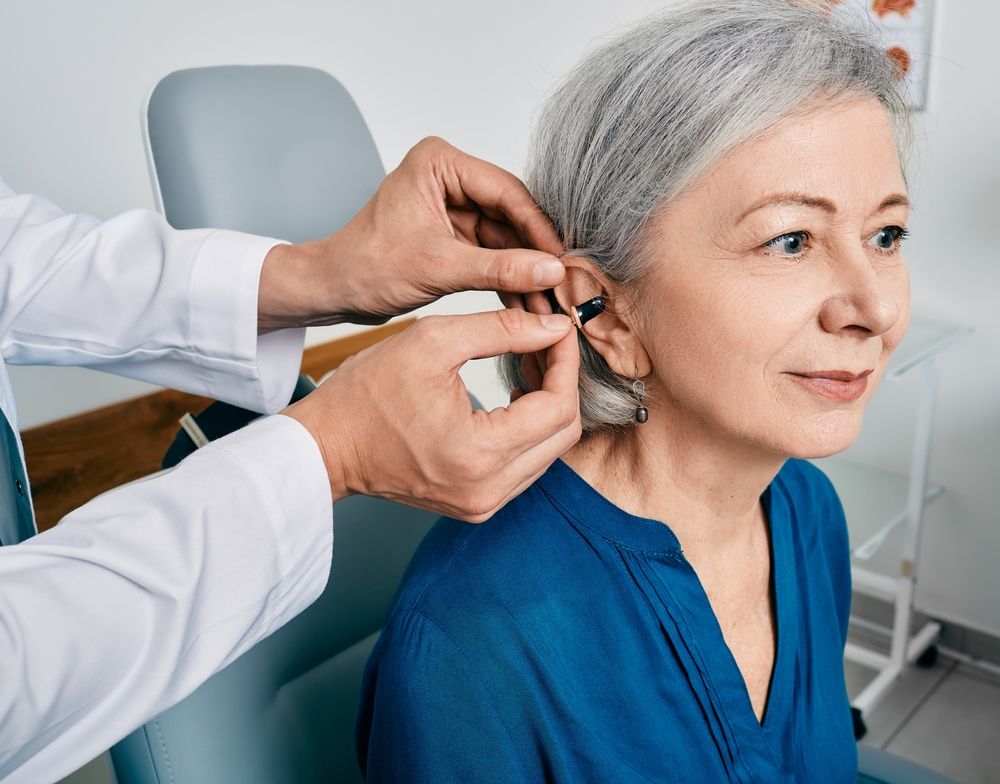
Hearing Tips Blog
The field of hearing loss is always changing. Here’s the latest and greatest news about hearing loss, hearing solutions, and more.

The field of hearing loss is always changing. Here’s the latest and greatest news about hearing loss, hearing solutions, and more.